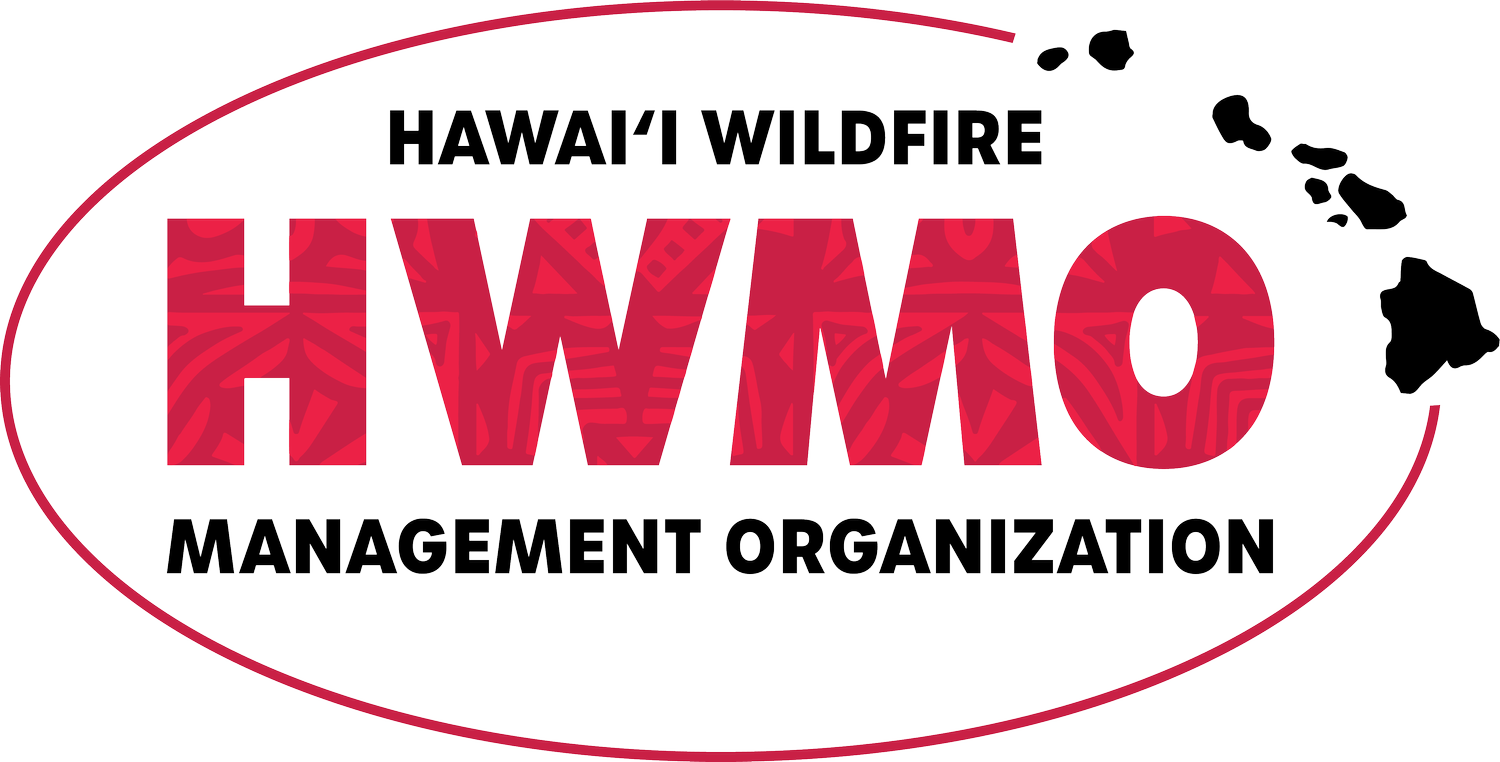“This article describes the forestry mini college (FMC) format as an educational tool that can be used by Extension forestry personnel to cost-effectively deliver research-based forestry information to many private forest landowners. A description of an existing forestry mini college program in Montana provides insight as to the method's effectiveness."
Wildfires by Region: Observations and Future Prospects
"Global warming will alter fire regimes. Climate models predict that higher temperatures and longer droughts will increase wildfire frequency, particularly in semi-arid regions. Higher rainfall in some areas could reduce fire frequency, though it could also foster more vegetation, thus providing more fuel for fires."
Fire Research Institute Main Page
National Learning Center for Private Forest and Range Landowners
Applied Wildland Fire Research in Support of Project Level Hazardous Fuels Planning Toolkit
“The Science Synthesis Toolkit offers a suite of resources relevant to planning and evaluating consequences of fuels treatments on our communities (social and economic), fire behavior, and the environment (air, water, soils, plants, weeds, wildlife habitat, and the likelihood of Armillaria disease)."
